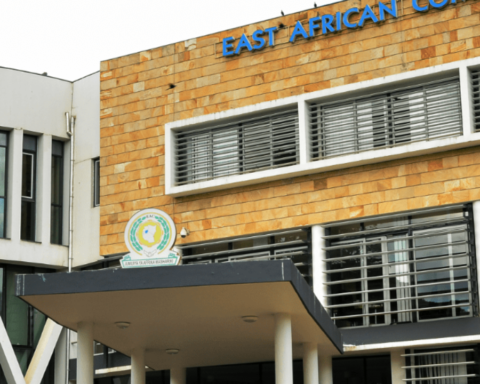The government of Tanzania has reiterated its commitment to strengthening the process of registering and identifying citizens for the National Identity Card system, in line with national legislation.
Deputy Minister for Home Affairs, Daniel Sillo, addressing Parliament on May 23 during a session of questions and answers, confirmed that the registration exercise is continuous and legally mandated under the Registration and Identification of Persons Act of 1986, as amended in 2014.
Sillo explained that the National Identification Authority (NIDA) — the agency tasked with implementing the identity card system — is responsible for enrolling Tanzanian citizens and eligible legal residents, and issuing them identity documents recognized by the government.
“This is not a one-off campaign,” Sillo emphasized. “It’s a legally ongoing national exercise that ensures every eligible citizen is identified and accounted for, as required by law.”
The move is part of Tanzania’s broader efforts to build an inclusive and secure national database that supports effective governance, national security, and access to public services. The ID system plays a vital role in areas such as healthcare access, mobile money registration, and even voting eligibility.
Also Read; US-China Trade Talks Signal Possible Reset
NIDA, which was established in 2008, has been working across regions to accelerate the registration process, including plans to register previously unreached populations — such as inmates and detainees — starting in the 2025/2026 financial year. This marks a step toward universal coverage and inclusivity in the government’s documentation strategy.
The government believes that an accurate and comprehensive national identification system is crucial for planning, transparency, and national development. Having an updated registry allows the government to deliver services more efficiently and ensure that citizens are not left behind.
This initiative also aligns with Tanzania’s goals under the Digital Tanzania Project, which seeks to leverage digital identity systems to promote inclusive socio-economic growth across the country.
The registration program comes at a time when many African nations, including Kenya and Nigeria, are also investing in digitized identity systems as a foundation for digital economies and public service delivery.







